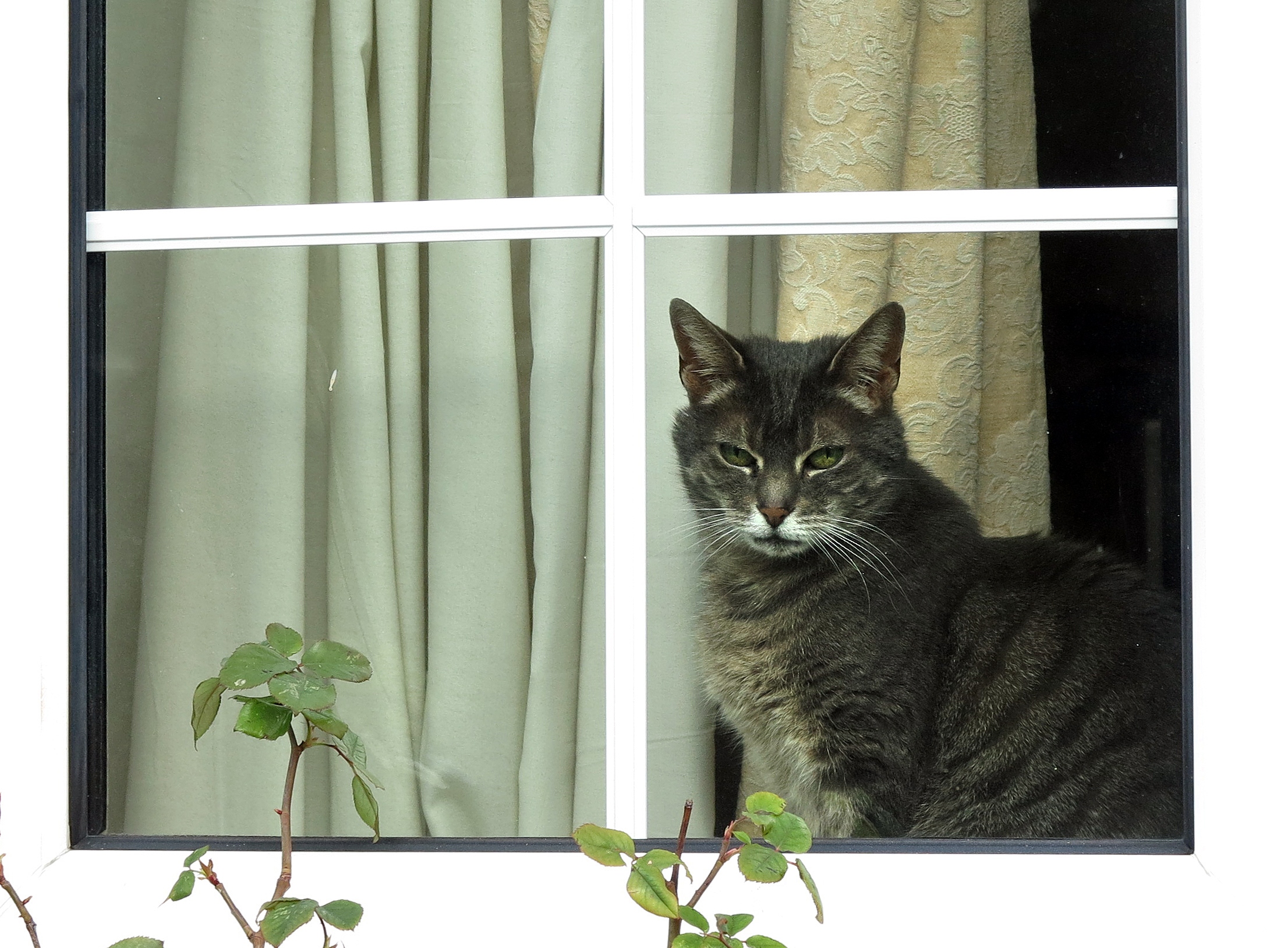

Health officials this week announced that a resident in rural central Oregon diagnosed with plague was likely infected by their pet cat.
Deschutes County Health Services confirmed on Wednesday that a local resident had been diagnosed with the disease, making it the first human infection of plague since 2015. The patient’s pet cat had also developed symptoms of the infection, leading health experts to presume the connection.
The most common source of human exposure to plague comes from the bites of fleas carrying the bacteria Yersina pestis.
Cats are highly susceptible to plague, according to the Centers for Disease Control and Prevention.
Not only do their bodies have a more difficult time clearing the infection than other animals, but cats are also more likely than other domesticated pets to catch and capture rodents, the most common carriers of infected fleas.
Pets can transfer the infection to humans via tissue or bodily fluids, incluidng respiratory droplets from coughs and sneezes. They may also directly carry infected fleas that, in turn, bite their humans.
Plague was first introduced into the United States in 1900, and the last U.S. urban plague epidemic was in Los Angeles in 1924.
Since then, cases of plague in the US have typically occurred in the rural West, highly concentrated in the so-called “Four Corners” where Utah, Colorado, New Mexico, and Arizona meet.
Symptoms of plague largely depend upon how a patient is exposed to the bacteria that cause the illness. The primary symptom of bubonic plague, the most common human form of the disease, is painful and swollen lymph nodes, along with fever, headache, chills, and weakness.
Deschutes County Health Officer Richard Fawcett told NBC News that the cat involved in this case was “very sick” and had a “fairly substantial infection.”
CLICK HERE TO READ MORE FROM THE WASHINGTON EXAMINER
In their press statement on Wednesday, the Deschutes County Health Services prompted residents to keep their pets on leashes when outdoors and discourage cats from hunting rodents if possible.
Pet owners should consult a veterinarian immediately if a cat becomes sick after being in contact with rodents.






